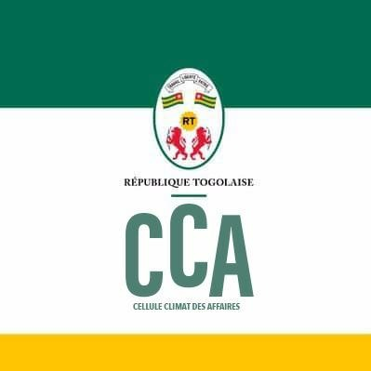Togo: Niger, Mali, and Burkina Faso total over 90% of the port of Lomé’s transit

(Togo First) - Together, Niger, Mali, and Burkina Faso totaled over 92% of the port of Lomé’s transit in 2022.
In detail, Burkina Faso grabbed 80.48% of the port’s transit. Niger came next with 7.63%, and Mali followed with 4.55%.
According to the Togolese Minister of Maritime Economy, Edem Tengue, the three countries of the Alliance of Sahel States (AES) passed the 90% mark in 2019 and the figure has been growing since.
Burkina dominates Lomé port transit, meanwhile transit with Niger slumped in the past 9 years
Over the nine years from 2013 to 2022, transit from Togo to Burkina Faso rose from 849,716 tons to 3,081,050 tons. On average, it grew by 15.39% per annum over the period.
Over the period, transit to Mali rose from 93,927 tons to 174,203 tons in 2022. But it fell from 119,291 tons in 2014 to 80,140 tons in 2015.
As for Niger, transit with this country slumped from 319,367 tons in 2013 to 292,301 tons in 2022. In 2014, however, the figure peaked at 516,346 tons. The average per annum was -0.98%.
Maritime experts attribute the improvement to various efforts to bolster logistics infrastructure at the port of Lomé, and to improve the cooperation with the AES member States, especially regarding taxation and trade.
However, several analysts anticipate that the current tensions between the AES and the ECOWAS, and sanctions imposed by the latter, could strongly impact transit between Lomé and the AES neighbors in coming years.
"The strategic importance of the port of Lomé for the AES countries is obvious. Serving as an indispensable conduit for their exports and imports, the port is now more than just a transit point. It has become a vital artery linking these economies to the world market, a tool of geopolitics. With recent events in the sub-region, its role should be strengthened," a Togolese economist told Togo First, adding that "the peaceful stance of Togolese diplomacy in the series of crises that have affected the Sahel, as mediator between the different blocs, positions Lomé and its port as players to be reckoned with, politically as well as internationally or commercially, in the future."
Lomé is Burkina Faso’s main gate to the sea. It competes with Cotonou which draws in most of the traffic from Niger. In recent months, Togolese authorities have ramped up their efforts to bolster their relationship with Burkina Faso. These include various measures benefiting the Sahelian businesspeople, prospecting visits, and tightening the bond between trade chambers.
For example, last month, the minister of transport of Niger was in Lomé. On the occasion, he thanked Togo for its massive support. “Because of Togo, since July 26, the people of Niger kept getting supplies,” the official said after meeting with Edem Tengue, the Togolese Minister of Maritime Economy.
More recently, the OTR, Togo’s tax office, updated tax incentives for goods transiting to the three AES States via Lomé. However, the office highlighted that only goods unloaded at the port of Lomé would benefit from the measure. Meanwhile, the AES States are more open to doing business with Togo, especially since Togo's President, Faure Gnassingbe, adopted a more moderate stance regarding the region’s ongoing political shifts.
Still, for transit with Niger to grow, Togo must double down on its existing infrastructure projects, such as the National 1 road renovation. Lomé also needs to reassure its business partners in Niger who fear safety issues along the Lomé-Ouagaè-Niamey corridor. They also complain that using this corridor is more expensive and time-consuming than taking the Cotonou-Niamey route. “Through the chamber of trade, businesspeople issued some concerns, especially regarding safety and processing at some points of the corridor,” the Nigerien official told Tengue when he was in Togo in February.
In response, Minister Tengue had said the goal now is to make sure that “trade between these two countries is as fluid as possible, both relative to exporting to and moving out goods made in Niger, enabling both countries to operate well.”
Togo, however, will not have it easy. Indeed, since the sanctions against Niger were lifted, Cotonou, Lomé’s direct competitor in this market, has also cut taxes to keep and gain new business partners in the Sahel country.
Fiacre E. Kakpo


















